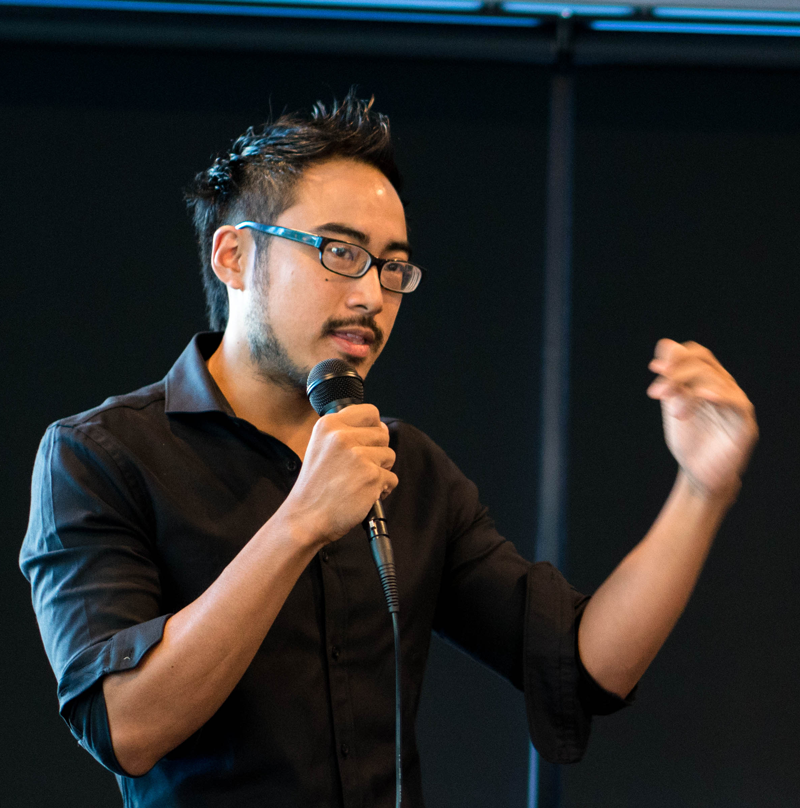I talked to entrepreneur Derek Pankaew about learning code with no CS degree, building plugins and his experience at the Y Combinator Hackathon. I met Derek at the Bansko coworking site in Bulgaria last year. I hope you enjoy the read!
Can you introduce yourself?
So I started off in growth and customer acquisition. I worked with a couple of startups in the Bay Area, did a bunch of freelance marketing work and then ended up running performance marketing for Kine Bars. It is a health food company based in New York, they have stock in Target and Walmart and are one of the biggest packaged health food brands. I was running their Facebook ads, their YouTube ads, AdWords, the entire portfolio of traffic strategies. At that point I had spent about nine, probably ten years in marketing.
Oh, I also forgot to mention I ran several of my own businesses including a t-shirt business that sold about $600k in its first year. Then I ran a vitamin gummy bear business. So a couple e-commerce businesses of my own and then running e-commerce marketing and other types of marketing for other companies. After about a decade in marketing I decided to do something different and switch into something new and got into programming.

How did you learn to code?
So I tried to learn to code when I was like 14 years old. I actually learned HTML at a pretty early age. I learned HTML when I was like 12 and at 14 I was like, "I already know html, how hard can programming be." So I picked up C++ for Dummies and then within a week I was like "not happening", haha. So I put it down and I didn't try it again for another decade. Then I tried to learn Swift and that was a failure as well. At the time I was 29 I had this idea in my head that I wouldn't be able to code.
I was in the crypto scene for a while and I had some ideas for how to trade crypto algorithmically. I kind of decided to learn to code to implement that into code. So I started of with learning Node because I felt that since I wasn't quite sure what I wanted to do with programming, with JavaScript you can use it to write mobile apps, web apps, front end, back end. It just seemed like the most flexible language. If I decided to do something with those skills later I could easily pivot.
So I started off with Node and Udemy was pretty much feels like 60% of it. I think it kind of gives you the outline of what you need to learn. After Udemy there were a bunch of YouTube and Medium articles. Udemy kind of provided the framework and then whenever I got stuck I used other resources to get around those issues.


